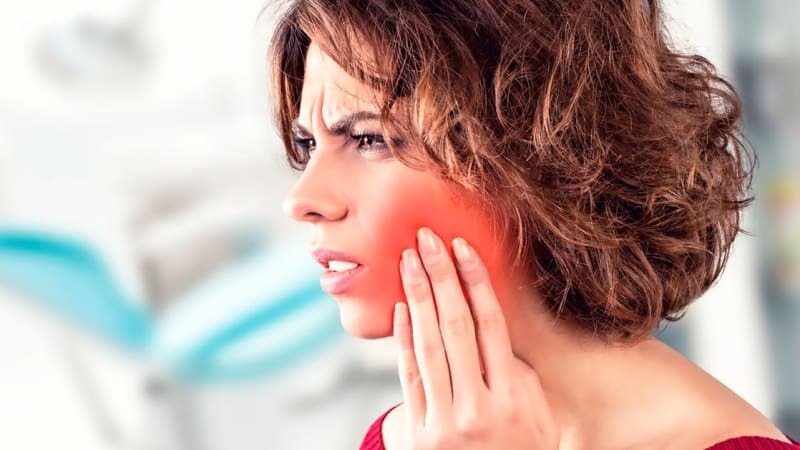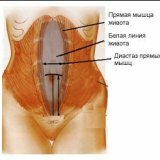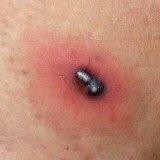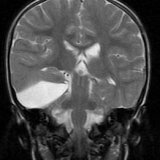Antibiotics after tooth extraction - which ones to take, do I need
The tooth extraction is also a surgical intervention, like any other operation.Therefore, after removing the tooth, one can not return to the usual life at once, there are some limitations and recommendations, which can be restored faster and avoid inflammation in the oral cavity.Most people who undergo this procedure immediately ask the doctor what antibiotics they should take after tooth extraction, but this is not always necessary.Do not use medicines without the appointment of a specialist.
How to behave after tooth extraction
All restrictions prescribed by a dentist must be observed in order to avoid inflammation, a blood clot of the right consistency was formed to cover the wound.The first two days a person should not eat solid food, preference should be given to mashed potatoes, cereals and soup puree, very carefully clean the teeth, especially near the wound where the tooth was previously, forget about this time about bad habits, chew on the healthy side,To avoid pressure on the sore spot.Further within three days it is contraindicated to rinse the mouth, eat sour-milk products and hot food, spit, touch the sore spot with tongue.

After removal of the tooth, the recommendations of the dentist
should be followed. During the week, the patient is not allowed to visit baths and saunas, exercise excessive physical activity, but medicines prescribed by the doctor must be taken.Most often, doctors prescribe antibiotics and some other medicines when removing the tooth.
- To clean the teeth you need a brush with soft bristles.
- Mouth after eating should be rinsed.
- Tooth tooth can not be cleaned with toothpicks.
- If necessary, use special toothpastes.
- Do not use warming compresses after tooth extraction.
Medications after the
removal procedure Some people start worrying beforehand that they will then have to take a large number of medications.Sometimes right from the threshold, the doctor hears from the patient questions about what antibiotics to drink after removing the wisdom tooth and whether it is necessary.Indeed, this is a fairly common practice, but not all patients need it. Usually, antibiotics are prescribed in such cases:
- Elderly patient.
- Weak immunity.Diseases of the oncological nature or circulatory system.
- Complicated nature of the operation, consisting in the removal of the tooth.
- Inflamed gums.
- Excessive bleeding during and after surgery.
Many patients even know the name of the antibiotic lincomycin after tooth extraction with a not too strong inflammatory process.

Antibiotic linkomycin is often used in dentistry, but should only be taken for the doctor's prescription.
- Flemoxin soluteab is indicated to those patients who have diseases of the digestive system, it is quickly absorbed and not dangerous for the intestines.
- Lincomycin is needed by those with a weak inflammation process.If the gingiva has started suppuration, then the antibiotic is prescribed intramuscularly in the form of a solution.
- Metronidazole is used to prevent the occurrence of infections, it can be administered concomitantly with lincomycin.
The doctor decides whether a patient needs a course of antibiotics the day after the removal procedure.If in the place where the tooth was pulled out, too much redness, purulent discharge and swelling are not observed, then it is considered that the body can recover independently without the help of auxiliary means.Also, the doctor sees the already formed thrombus, which serves as a defense of the wound, then the patient will be recommended only to rinse the mouth with an antiseptic and observe normal hygiene.
Rinsing the oral cavity after tooth extraction
A good way to recover as soon as possible after surgery is rinsing your mouth and not once a day. For this, the following tools are used:
- Furacilin .It is purchased in tablets, one of which should be crushed and dissolved in a glass of warm water.
- Chlorohexidine .

Hlorogeksidin
first mouth is cleared of food plain water, then rinse solution in an amount of one tablespoon of slightly delayed in the mouth but not ingested.Rinse their mouth can be 10-12 days, but not longer, since it is possible to disturb the natural microflora.
- Sea salt in the amount of one teaspoon dissolves in a glass of boiled water.
- Miramistin is a good antiseptic, which restores immunity locally, and also perfectly heals wounds.Especially effective in inflammatory processes.Suitable for children.
- Soda .1 teaspoon dissolves in a glass of warm boiled water.This composition rinses the mouth.
- Decoctions of herbs and plants .Good for rinsing the mouth cavities of sage, St. John's wort, oak bark, chamomile.They are prepared this way: one tablespoon of the plant is added to the boiling water and cooked for 15 minutes, then cooled, then used for the intended purpose.
- Potassium parchment or potassium permanganate is an excellent prevention against inflammation.
Rinses are a very effective remedy after tooth extraction has been performed, but it can be used only on the third day after that, so as not to damage the open wound.
Symptoms in wound tooth
Many people experience the following, quite natural symptoms after tooth extraction:
- blood trickling from the wound,
- swells cheek,
- appearance of bruises,
- swollen gums,
- Pain,
- The lip corner cracks appeared,
- slight fever,
- Discomfort when yawning and mouth opening.
When necessary to visit a specialist
The above symptoms may eventually undergo change and deliver more than discomfort.These include:
- Too copious bleeding in excess of 12 hours.
- High temperature,
- Numbness of the jaw that does not pass.
- Swelling, which prevents swallowing, chewing and opening your mouth.

When the inflammatory process( after extraction) in the oral cavity immediately visit the doctor
Such severe symptoms may indicate the beginning of inflammation in the oral cavity.This may be due to the nature of the organism or the error committed during the removal of the tooth.In any case, you need an early visit to a specialist.It is also worth remembering that all the recommendations given by the doctor should be observed by the patient in order to avoid a meeting with the doctor in the near future.



